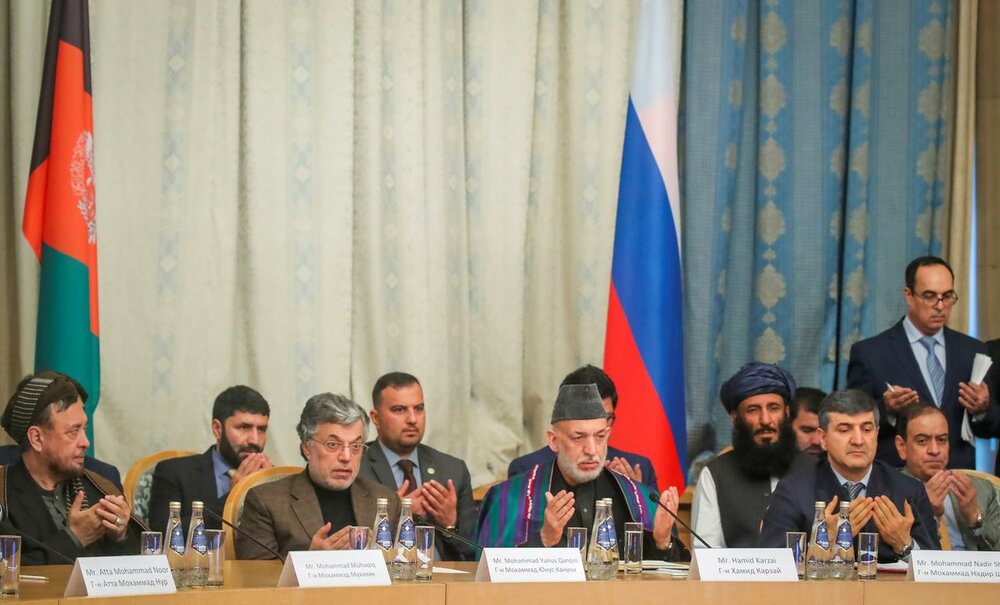Suspense and uncertainty hang over intra-Afghan summit in Qatar

After a lot of hullabaloo, there seems to be a tepid response from the Afghan government to the forthcoming meeting with the Taliban scheduled on April 19-20 in Qatar.
The second intra-Afghan summit was initially scheduled to be held on April 14-15, but has been postponed till April 19-20 as the government failed to finalize a team to hold talks with the Taliban.
President Ashraf Ghani was expected to shortlist the names of delegates to sit with the Taliban representatives on April 13, but he could not reach a consensus with other Afghan leaders.
According to President Ghani’s close aide and secretary of High Peace Council Umer Daudzai, the list could not be finalized as some members of the Reconciliation Leadership Council wanted more representatives in the team.
Hizb-e-Islami chief and former warlord Gulbuddin Hekmatyar, who refused to attend the Reconciliation Council’s second meeting on April 10, alleged that the government was seeking to include its ‘favorites in the Qatar delegation’, according to Tolo TV, Afghanistan’s leading news channel.
The meeting in Qatar has assumed significance since the insurgent group has softened its stand and expressed willingness to sit down with the Afghan leaders, even though clearly stating that the delegation from Kabul should not be representing the government.
So far, Taliban has refused to hold direct negotiations with the Afghan government, calling it a “puppet administration” of the Western powers led by the U.S.
While the Taliban has already announced its readiness for the Qatar meeting, the Afghan government is facing the dilemma of who to include in its delegation.
All senior Afghan leaders, cutting across the political and ideological lines, have extended their support to the intra-Afghan summit in Qatar, including the likes of Hamid Karzai, Haneef Atmar, Atta Mohammad Noor, Ismail Khan, Younas Qanooni, and Mohammad Mohaqiq.
The U.S. government representatives have held a series of talks with the Taliban representatives in many countries over the past many months but they have failed to produce a breakthrough.
The direct talks between the U.S. and the Taliban, sidestepping the democratically elected government in Kabul, has angered President Ghani’s team and many senior Afghan politicians who see it as an attempt to undermine the credibility of the Afghan government and its people.
Hamdullah Mohib, the national security advisor of President Ghani, recently launched a scathing attack at the U.S. government representative Zalmai Khalilzad for sidelining the main stakeholders and going ahead with talks with the insurgent group.
Mohib’s statement in the UN Security Council meeting incensed the hawks in Washington, who announced that they would not deal with him anymore. However, Mohib got support from many Afghan leaders and civil society activists back home.
Many observers have questioned the logic of holding talks with the Taliban while it continues to attack Afghan security forces and civilians. They say talks and violence should not go together.
Meanwhile, in a fresh development, Chief Executive Dr. Abdullah Abdullah announced on Sunday that he and his election team will not participate in the ‘Loya Jirga’ a grand assembly convened to discuss talks with the Taliban in Kabul on April 29.
Leave a Comment